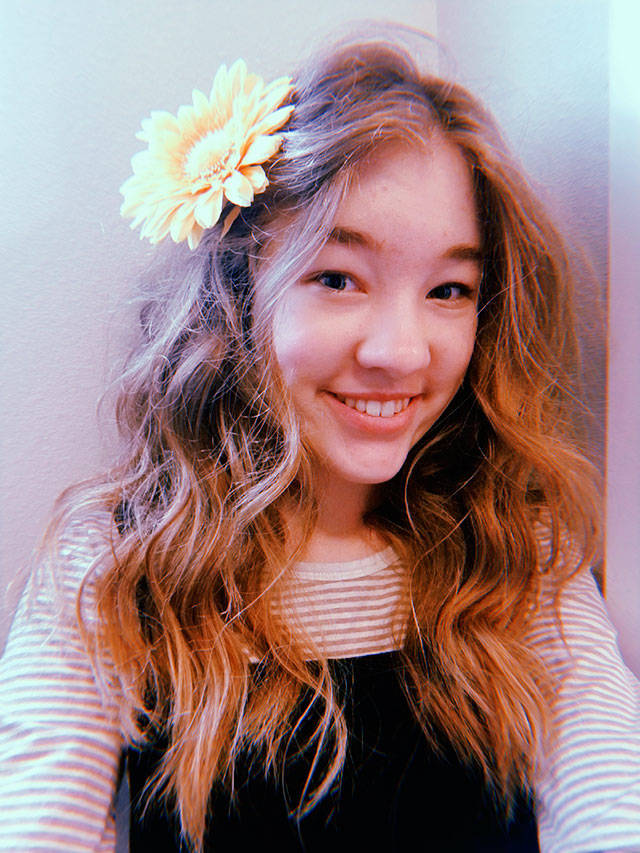According to the National Institute of Mental Health, nearly one in five American adults battle a mental illness.
This means, if you look around at the people in your life, there is almost certainly someone who is hurting.
Mental illness is a tough subject to tackle, in part because it is so far-reaching and complex, and in part because it hits very close to home.
This topic has been largely ignored throughout history, and thus the stigma that has resulted is difficult to rid ourselves of. Groups already facing societal pressure and cruelty, especially the LGBTQ+ community and people of color, are often disproportionately affected by mental illness, yet receive the least amount of help.
In fact, The Trevor Project states that LGBTQ+ youth are nearly five times as likely to attempt suicide compared to straight youth. That statistic is tragic, but it is also a call to action. It is a reminder that mental health is health. There is no other way to put it. It is time we start to take it as seriously as we take the physical health issues that burden us.
The Global Burden of Disease study, completed in 2017, documented that 792 million people live with a mental illness worldwide. While data such as this can be subject to inaccuracies due to the fact that many people don’t seek treatment, this goes to show how far-reaching mental illness truly is.
Yet, we don’t talk about it. At least, not really and not enough.
The hoops you have to jump through in the U.S .alone, from the costs of doctor visits, to the struggle of finding affordable medication, to therapy that is covered by insurance, are difficult enough (This isn’t just an argument for a better healthcare system either, it’s a plea). Then there are the barriers those face in lower-income countries.
The World Health Organization reported that one-third of the world’s population lives within a country that allocates less than 1 percent of their health budget to mental health services. WHO also recorded that in developed countries, the treatment gap, meaning the percentage of those who need help but do not receive it, can range from 44 percent to 70 percent. In developing countries, this statistic can raise to as high as 90 percent. Lack of access to mental health treatment isn’t simply one country’s issue — it’s a global issue.
So, where do we begin? Well, I’d argue that we talk. We talk openly with our loved ones. We ask them more often if they are OK, and dig deep for an honest answer. We pay attention to the people around us, and intervene as soon as we notice someone hurting or acting differently. We say, “I am here. You are not alone,” and we mean it.
That is the first, life-saving step. I know this because I have lived it. Keeping it inside may make us feel safer, but in reality it isn’t safer in the slightest. You can’t live keeping it all inside, and you shouldn’t have to.
It is hard to say you are not OK and ask for help. It is harder to accept it. But I think, perhaps, it is also braver.
And the beautiful truth is that telling your story to the people in your life doesn’t just save you, it saves everyone. Our stories have the power to break the stigma ingrained into our brains. It rips up the notion that those living with mental illness must look or live a certain way. It shows those around us that mental illness doesn’t discriminate, but instead is everywhere.
America’s Health Rankings documented that from 1999 to 2016, the national suicide rate increased 25.4 percent. A heartbreaking reality. People are suffering, and they are suffering in silence.
A silence that it is far past time to break once and for all.
Because living with a mental illness isn’t pretty, or special. It isn’t like the movies, or like the stories. It is brutal, and heartbreaking. It can be crushing, and often leads many who suffer to dangerous conclusions that their life isn’t worth fighting for.
I am telling you this not because it is an easy, digestible reality, but because it is honest and because people are dying and because you are not alone. You never have been.
You deserve help. You deserve to be here and have a good life. I hope you will join me in finding that.
If you are lost at where to begin, the National Institute of Mental Health is a great resource, as well as the Crisis Text Line that is available 24/7 for you to reach a trained crisis counselor by texting in HOME to 741741. As always, the National Suicide Prevention Lifeline is 800-273-8255, also available every minute and day of the year.
Finally, if you have lost someone to suicide in your life, I am so very sorry. My heart sits vigil by yours. And if you are hurting, please know this: You are not trapped. This is not your forever. There is hope. There are people who can, and want, to help you. This is your sign to stay.
We ask people to reach out for help. Let us make it feasible to do so. Let this be a small step forward. Let us speak out.
Let us all find peace, and may the rest fade away.


